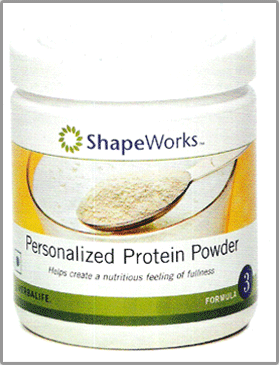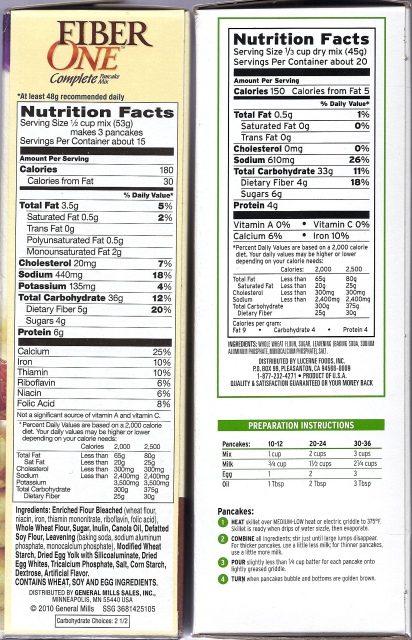Does Nutrient Timing Matter? A Critical Look
1. Pre-Workout Nutrition:
Pre-workout meals or supplements aim to provide energy, improve performance, and support muscle growth during exercise. Studies suggest that consuming carbohydrates and protein before a workout can enhance endurance and strength. However, the optimal timing of this pre-workout meal or supplement is still debated, and results can vary based on individual factors such as training goals and body type.
2. Post-Workout Nutrition:
The post-workout period is often considered a critical time for nutrient consumption, particularly protein and carbohydrates. Adequate protein intake is essential for muscle repair and growth, and consuming it within 1-2 hours after a workout is believed to be beneficial. However, the exact timing of post-workout protein intake might not be as critical as previously thought, as long as total daily protein needs are met.
3. Protein Distribution Throughout the Day:
Some individuals advocate for evenly distributing protein intake throughout the day, suggesting that it is more effective for muscle growth and maintaining a positive nitrogen balance. While consuming protein at regular intervals throughout the day can be beneficial, research shows that the body's ability to synthesize muscle protein is not significantly impaired if protein is consumed less frequently.
4. Micronutrients and Meal Timing:
The timing of micronutrient consumption can affect their absorption and utilization. For example, calcium absorption is enhanced when it is consumed with vitamin D, which is synthesized in the skin upon exposure to sunlight. Iron absorption is improved when it is consumed with vitamin C. However, the timing of micronutrient consumption is less critical compared to their overall daily intake.
5. Circadian Rhythms and Metabolism:
There is growing interest in the role of circadian rhythms in metabolism and the potential impact of meal timing on overall health. Studies suggest that consuming meals in alignment with the body's natural sleep-wake cycle may influence metabolic hormones, appetite regulation, and body composition. However, more research is needed to fully understand the practical applications and implications of these findings.
In conclusion, while some components of nutrient timing may have some merit, the overall evidence suggests that the benefits are likely modest in otherwise healthy individuals who consume a balanced diet and engage in regular exercise. The timing of nutrient consumption might become more relevant for specific populations, such as elite athletes or individuals with certain medical conditions, but for most people, focusing on total daily nutrient intake and overall healthy dietary practices is sufficient for achieving their health and fitness goals.
-
Absorption of heme iron versus non-heme iron
QuestionThanks for you earlier response Tanya. Can you help me u
-
Advantages and disadvantages of whey protein
QuestionHello Tanya, Im a 20 year old male. I was wonderin
-
drinking and obesity
Questionhello, I would be grateful if you can answer the followin
-
Are some fast foods better than others?
QuestionExcuse me, but i need to ask you a question. Even though
-
jogging
Questionhello. Ive started jogging recently an decided to buy a h
-
Weight or muscle gain?
QuestionHello for the course of a while now I have been losing we



